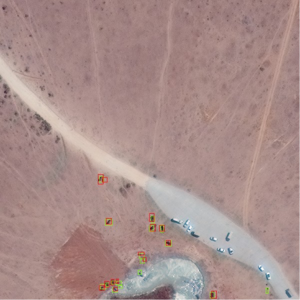
Counting Elephants from Space
Protection of the world’s animals presents many challenges, but conservation’s newest defense weapon actually works from space. One of the problems conservationists and zoologists face

Protection of the world’s animals presents many challenges, but conservation’s newest defense weapon actually works from space. One of the problems conservationists and zoologists face
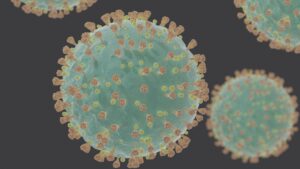
Yale scientists find critical SARS-CoV-2 protein involved in COVID-19 disease progression.
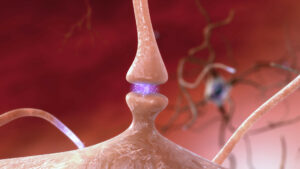
Researchers from the Yale Alzheimer’s Disease Research Unit have investigated the relationship between two key hallmarks of Alzheimer’s disease in living people. With a better understanding of this relationship, researchers may soon have a better insight into the cause of Alzheimer’s, paving the way for developing potential disease-modifying treatments.

Billions of years ago, complex chemical reactions transformed nonliving molecules into the first living organism on Earth. Yale geophysicists find evidence to support a theory that could explain how.

Climate change has caused forest fires to increase in frequency worldwide. Yale researchers gain surprising new insight into how forest fire emissions evolve and what that could mean for human health.
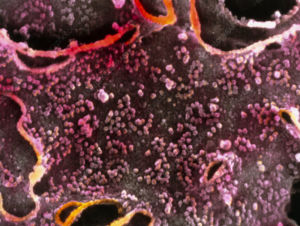
The Mariappan Lab at Yale sheds light on a key cellular pathway

Negative Perceptions Surrounding Cultured Meat
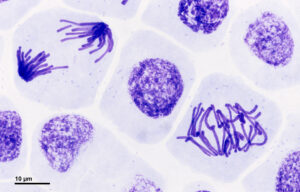
A human being is composed of about 37.2 trillion cells, seven octillion atoms, sixty thousand miles of blood vessels, three billion DNA base pairs, and
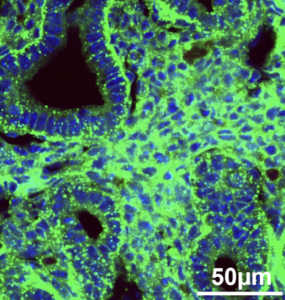
Optimizing conditions for therapeutic delivery in congenital lung diseases
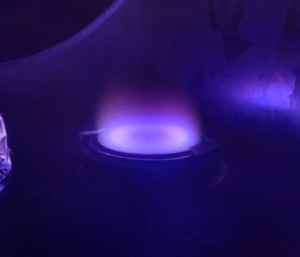
Metallic glass opens new possibilities in the field of nanoimprinting

Tectonic plate movements drive many geologic processes on Earth, from earthquakes to volcanos, yet how tectonic plates start sinking beneath one another is not well
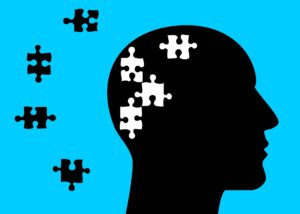
In studying psychiatric disorders, researchers must account for both the environmental and biological components that may play into a condition’s presentation. In post-traumatic stress disorder